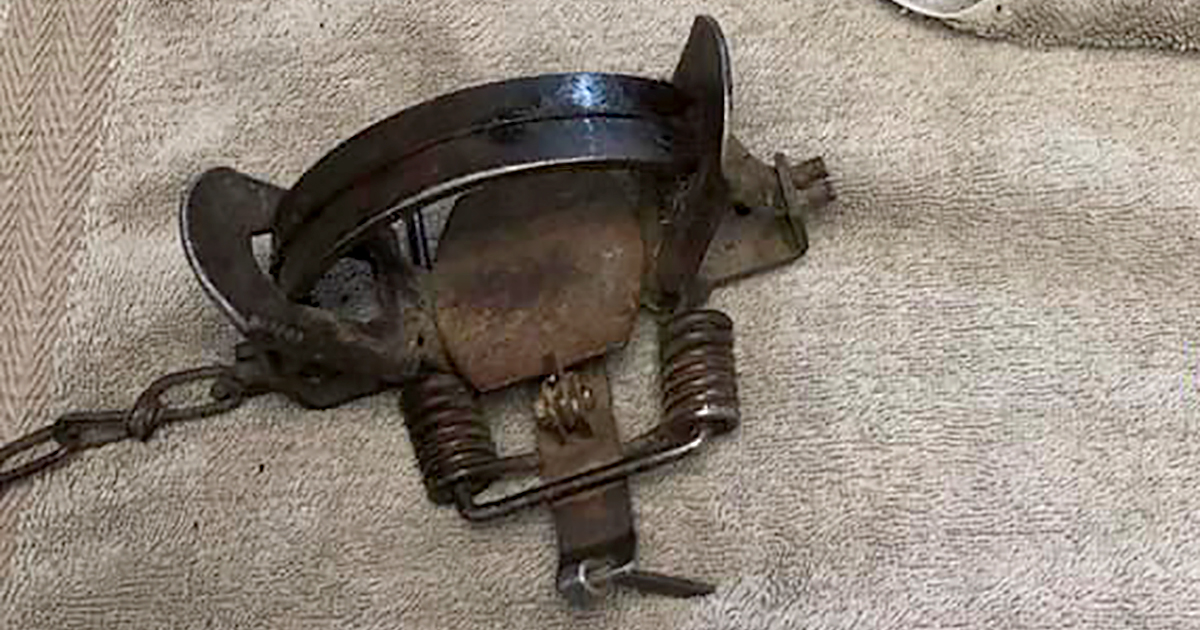
DELTA, BC – A raccoon found dragging a foot-hold trap for days was emaciated, dehydrated, and had a visibly broken leg was humanely euthanized by Critter Care Wildlife Society, but a non-profit wants the City of Delta to act – and anyone with information to help bring the person(s) responsible to justice.
The Fur-Bearers, a BC-based wildlife non-profit, has issued a $1,000 reward for information that assists investigators in identifying who set the trap and leads to a conviction. The organization has also contacted the City of Delta to ask they consider a by-law prohibiting the use of these dangerous traps that also pose risks to dogs and cats, children, and any animal that encounters them.
“We don’t know who set this trap or why they set it, but we do know they caused a great deal of suffering for at least one animal,” says Michael Howie, spokesperson for The Fur-Bearers. “Our hope is that someone will see this news, remember hearing something or seeing something, and contact investigators.”
As Canadians and researchers become increasingly aware of the importance of all wildlife in an ecosystem, The Fur-Bearers also continues to hear from those who had no idea foot-hold traps were legal. While foot-hold and leg-hold traps are legal in Canada, there remain questions about this specific model.
“Traps like these are legal in almost every jurisdiction in Canada, except for where municipalities have taken a stance and said, ‘we can do better’ when it comes to co-existing with wildlife,” Howie says. “The City of Delta has an opportunity to create a by-law that would help prevent this kind of suffering; whether the trap was set by a licensed trapper or someone who simply ordered a trap online, the pain and fear this raccoon endured for days while dragging the device around is unacceptable.”
This trapping incident comes on the heels of two dogs being killed in British Columbia in recent weeks: one from strychnine poisoning and another from a snare.
The Fur-Bearers has sent a letter to the City of Delta requesting by-laws to prevent trapping and encourage co-existence education and asks animal loving residents in the area to do the same.
“As a community – locally, provincially, globally – we can do better for the animals with whom we share the land,” Howie adds. “It comes to down to asking if we’re willing to do the work.”
Photo of trap found on the raccoon provided by Critter Care Wildlife Society.
pleaseclick hereand help us save lives today.

